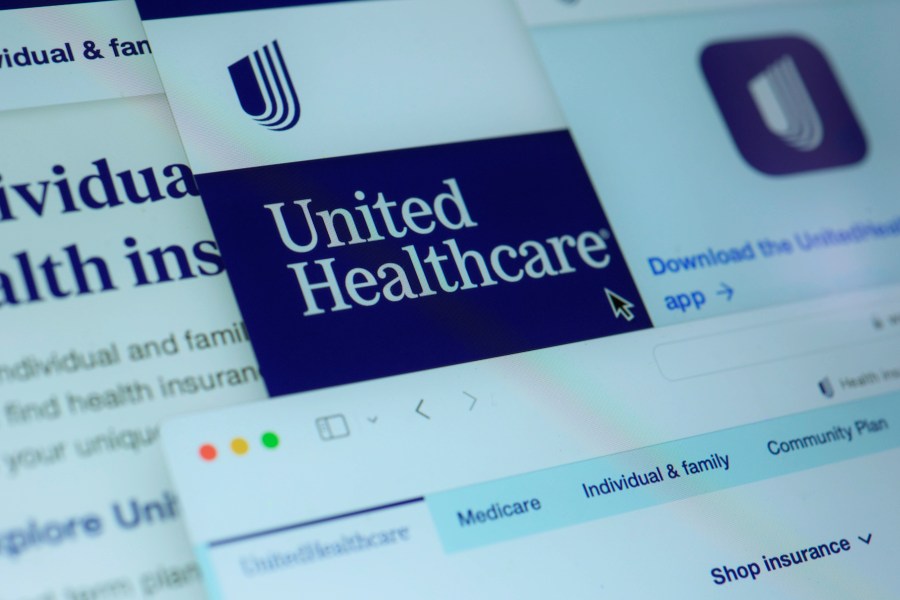(NewsNation) — America’s biggest health insurance carriers have seen their stocks tumble amid public scrutiny following the murder of UnitedHealthcare CEO Brian Thompson.
Shares of UnitedHealth Group are down more than 14% since Thompson was shot dead outside a hotel in midtown Manhattan. Cigna Group’s stock has fallen by almost as much.
Shares of Elevance Health, another major insurance provider, are down about 4% since the shooting. And CVS Health stock hit a 12-year low on Friday.
Health insurance ‘delay tactic’ is too common: Former Cigna executive
The sell-off suggests investors fear more regulations are on the horizon after Thompson’s death sparked wide outrage with the American healthcare system. The brazen killing was openly celebrated by many online.
“The visceral response from people across this country who feel cheated, ripped off, and threatened by the vile practices of their insurance companies should be a warning to everyone in the health care system,” Sen. Elizabeth Warren, D-Mass., told HuffPost in an interview on Tuesday.
Warren later clarified: “Violence is never the answer. Period.”
Who gets $60K reward money in UnitedHealthcare CEO shooting?
On Wednesday, shares of companies owning pharmacy benefit managers dropped after Warren and Sen. Josh Hawley, R-MO, introduced a bill that would force health insurers or drug middlemen to divest their pharmacy businesses.
If passed, the legislation would break up some of the nation’s biggest health care conglomerates. The three largest pharmacy benefit managers — CVS Health’s Caremark, Cigna’s Express Scripts and UnitedHealth’s Optum Rx — collectively control 80% of prescriptions in the United States, the New York Times reported.
Pharmacy benefit managers, or PBMs, negotiate prescription drug prices between insurers, pharmacies and drugmakers but have been criticized for a lack of transparency around their business practices.
Earlier this year, the Federal Trade Commission sued prescription drug middlemen, accusing three of the largest players of artificially inflating the insulin drug prices “at the expense of vulnerable patients.”
The recent health insurance stock slide hasn’t offset the industry’s significant gains over the past two decades.
Shares of UnitedHealth Group, the largest healthcare company in the country, are up more than 1,100% compared to 20 years ago. Cigna Group’s stock price is up nearly 1,000% over the same period.
While the negative reaction on Wall Street has been swift, some analysts expect the downturn to be short-lived.
“Do I think companies do anything proactively different on the back of this? No,” Jared Holz, Mizuho’s health-care equity strategist, told CNBC earlier this week.
Leerink Partners analyst Michael Cherny doesn’t think the recent legislation will move forward.
“The latest introduction of potential legislation to restrict PBM operations and broader healthcare vertical integration is unlikely to gain traction, although it is hard to dismiss outright,” Cherny told Reuters.
